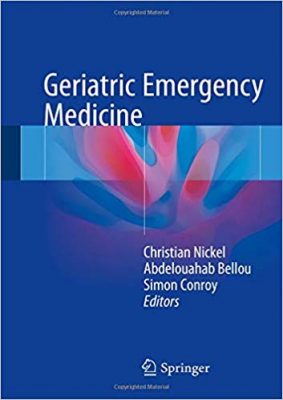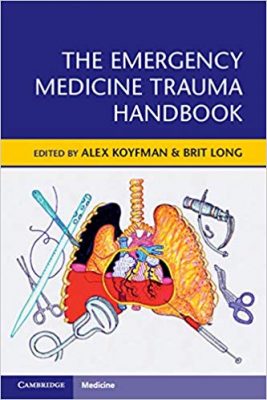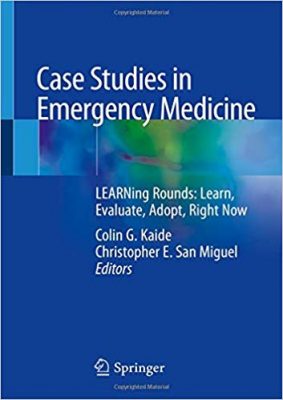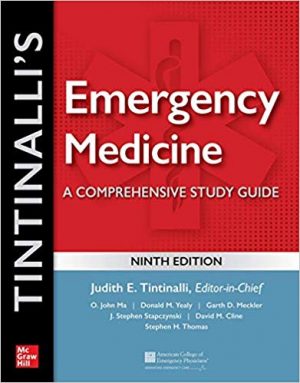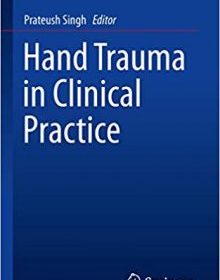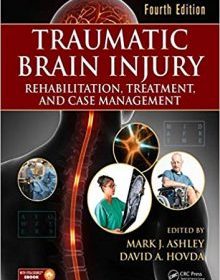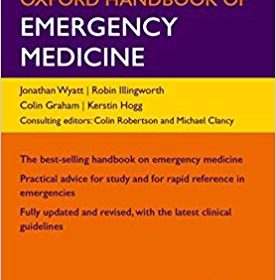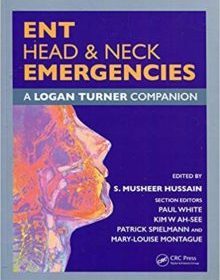Geriatric Emergencies: A Case-Based Approach to Improving Acute Care
Geriatric Emergencies: A Case-Based Approach to Improving Acute Care
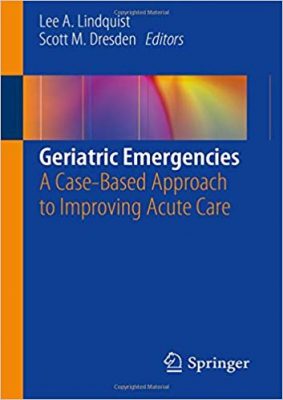
Geriatric Emergencies: A Case-Based Approach to Improving Acute Care
Care for older adults in Emergency Departments (EDs) has historically been focused on acute medical conditions with little emphasis on geriatric-specific issues. In 2010, emergency departments (EDs) throughout the nation saw almost 130 million patients, 15% of whom were 65 or older. The number of older adults who visit an ED has doubled in the last decade and continues to grow rapidly. Older adults receiving care in an ED are highly likely to be admitted to the hospital, much more so than their younger counterparts. Preventing a hospital admission saves older adults from frequently encountered adverse events, including hospital-acquired delirium, functional status impairment, cognitive loss, and nursing home admission.
It is unknown how many older adults are hospitalized for reasons other than acute medical illness, such as functional decline, polypharmacy, progressive dementia, caregiver stress, or unstable living situation. These non-emergent conditions are rarely addressed during a typical ED visit due to lack of resources, significant patient volumes, and the need for rapid turnover of care spaces. The predominant management strategy of emergency physicians to handle these important but not imminently life-threatening geriatric issues is to recommend hospital admission.
DOWNLOAD THIS BOOK

